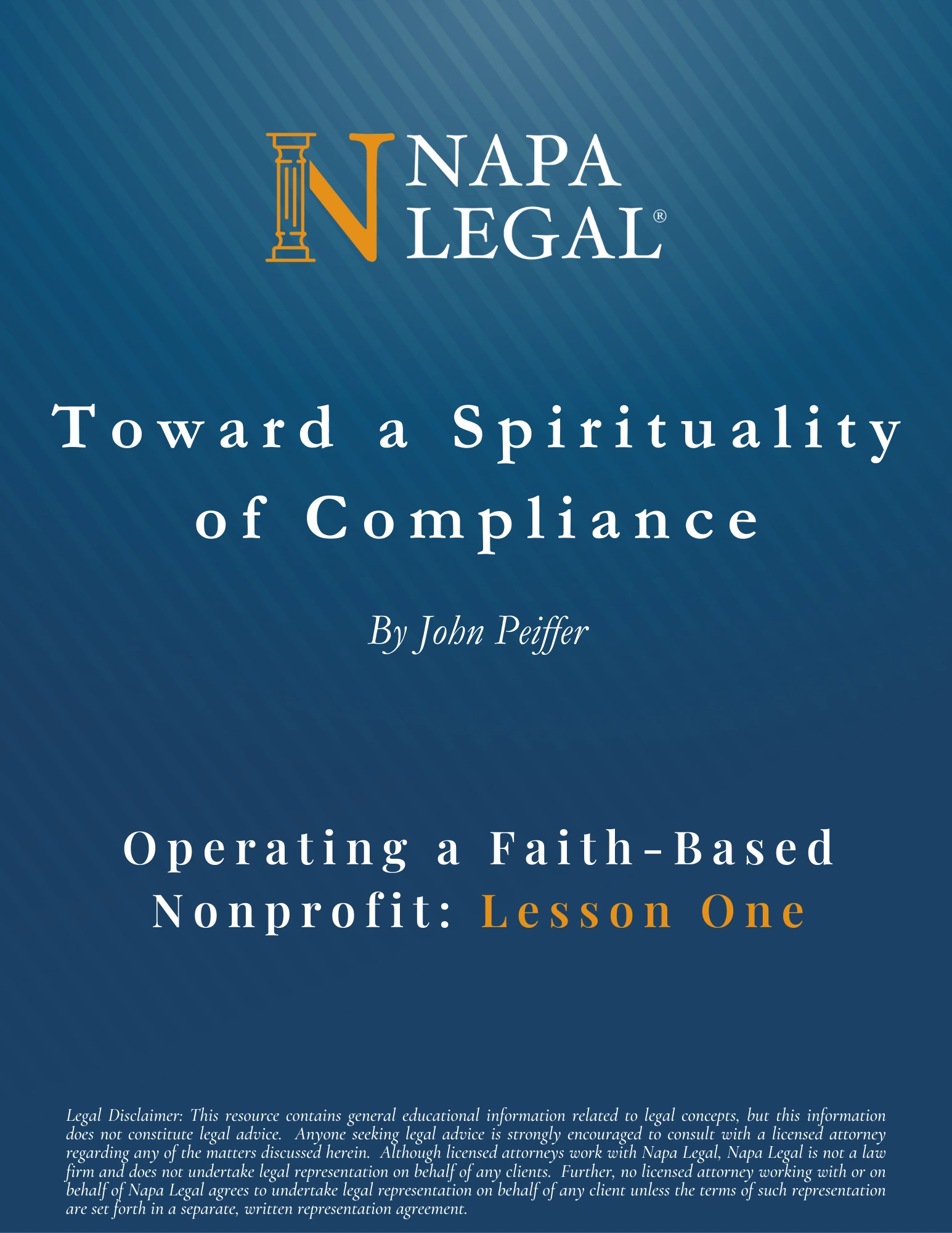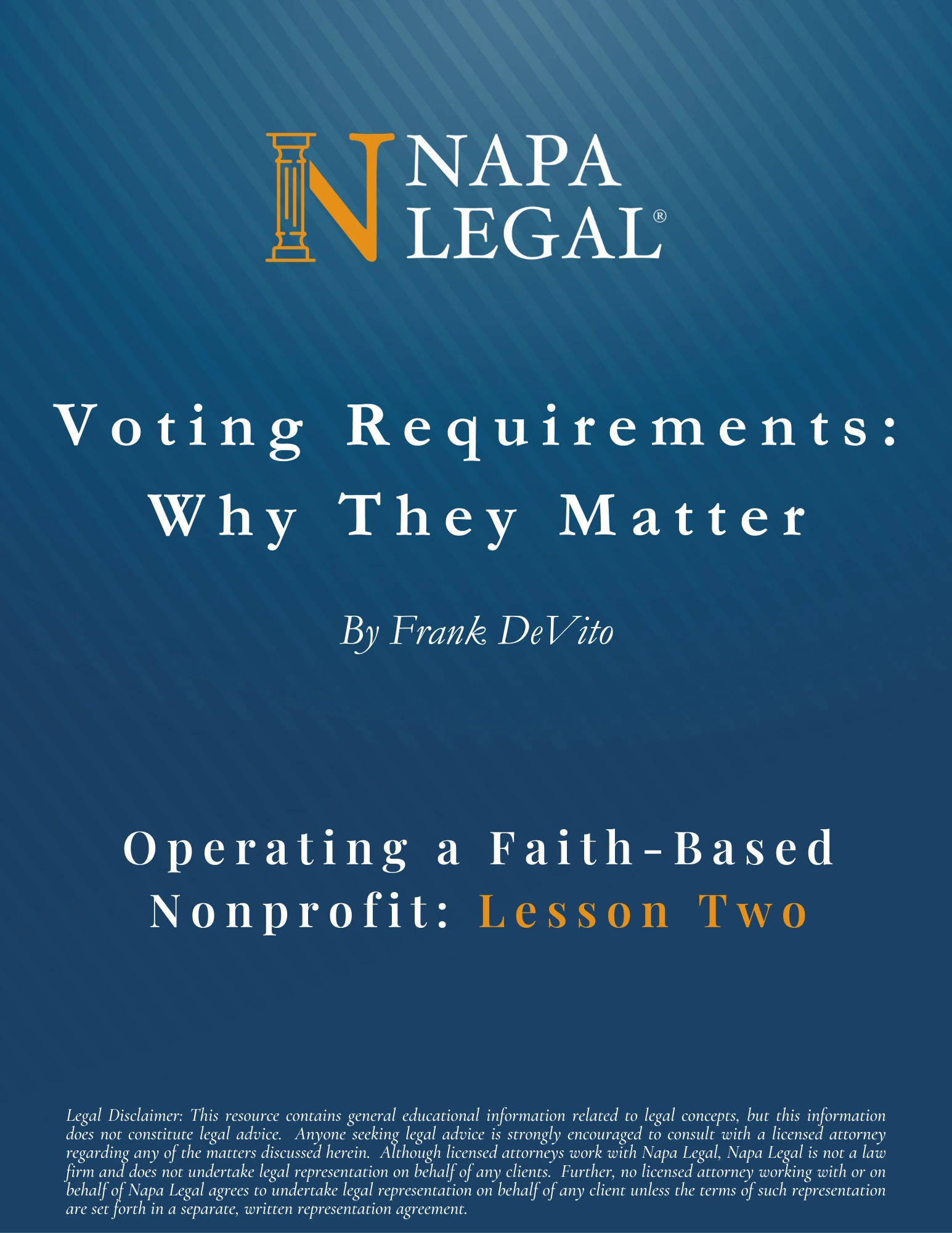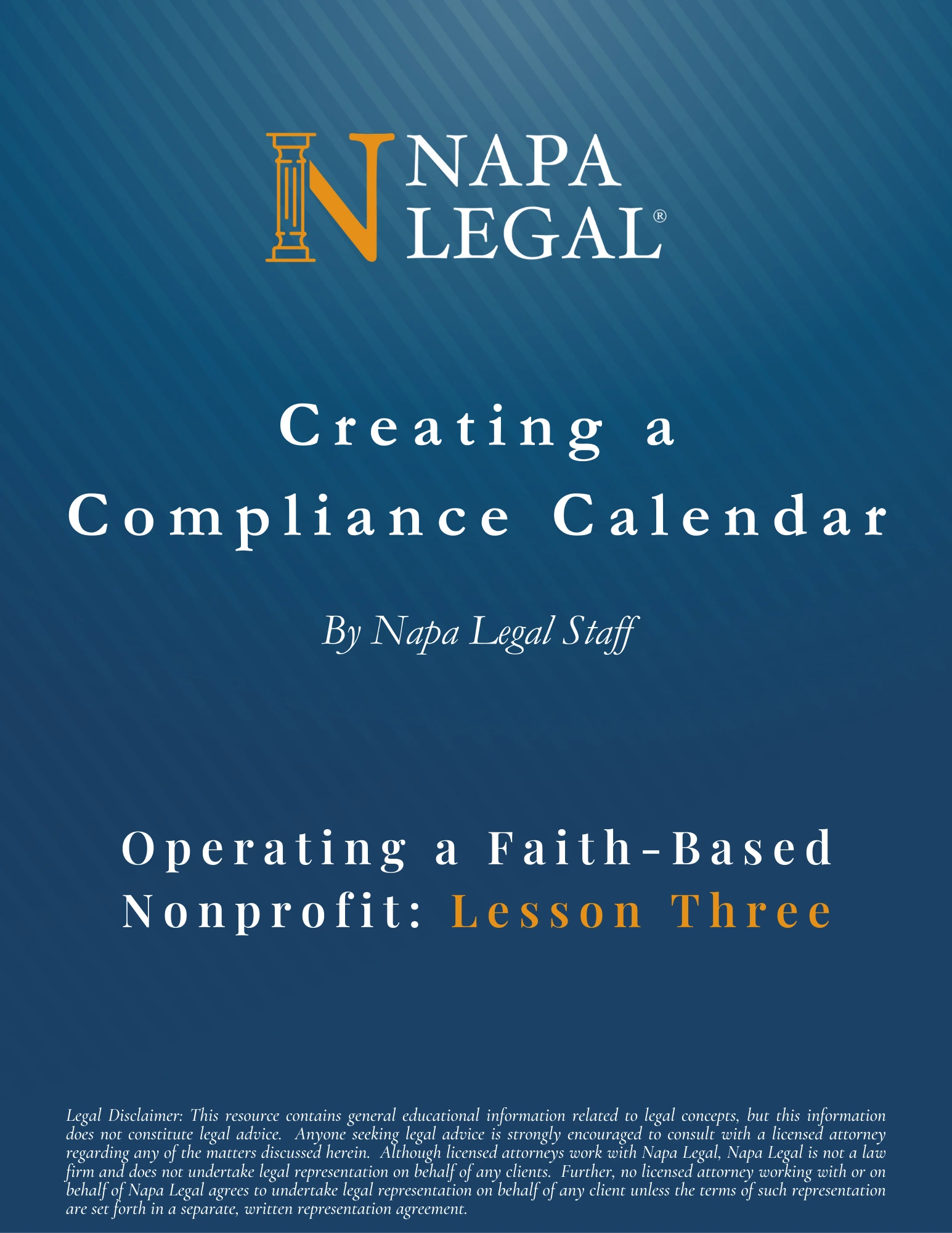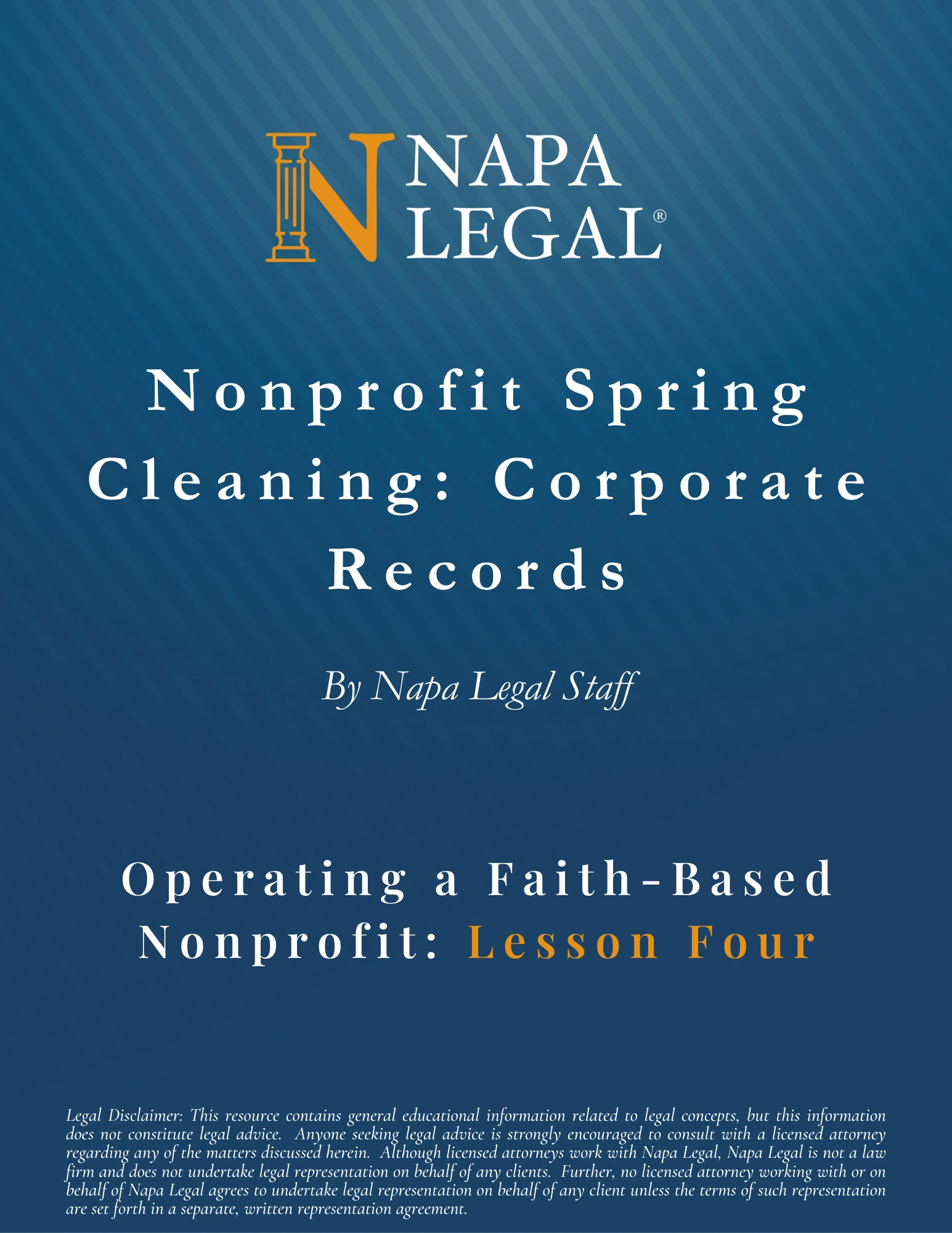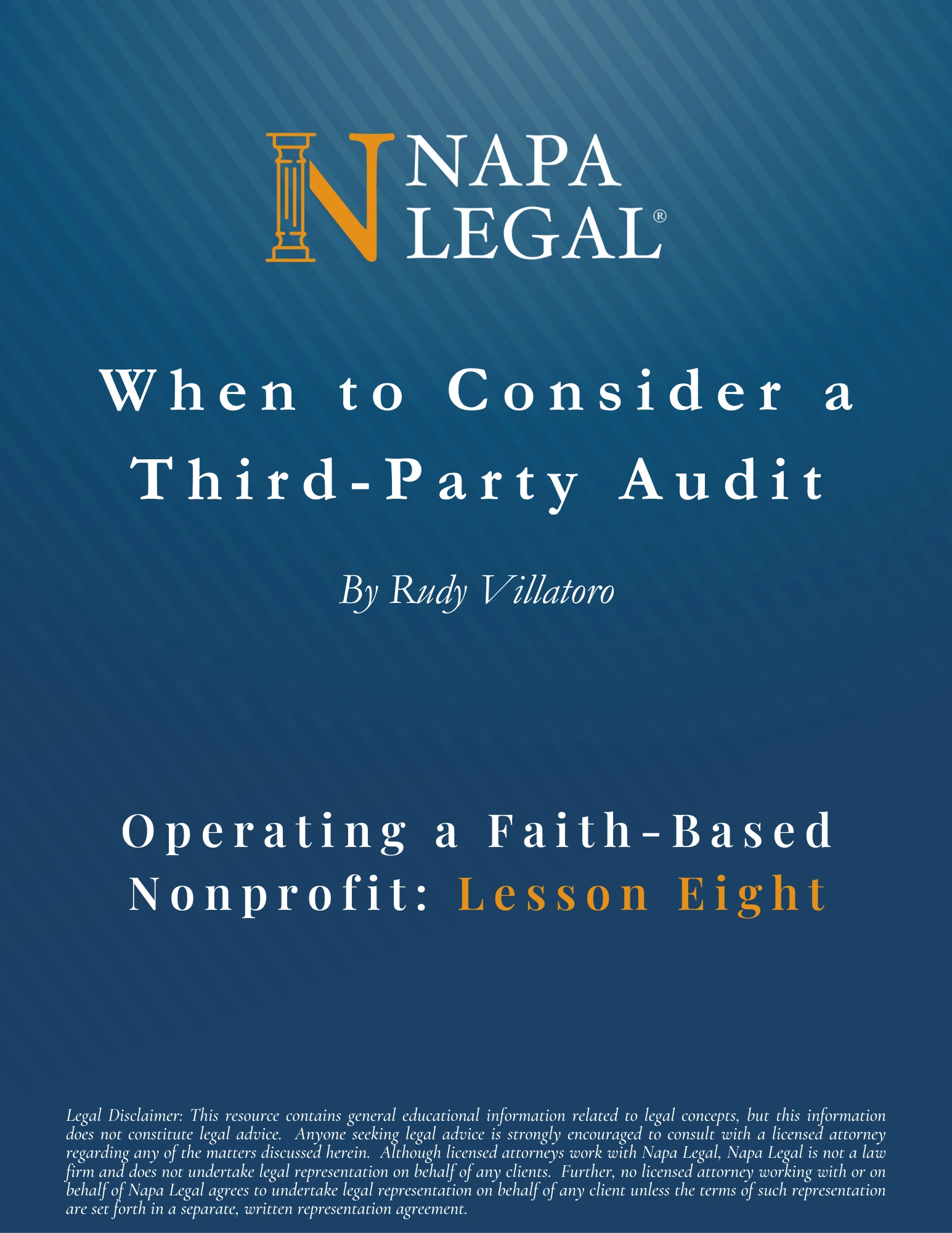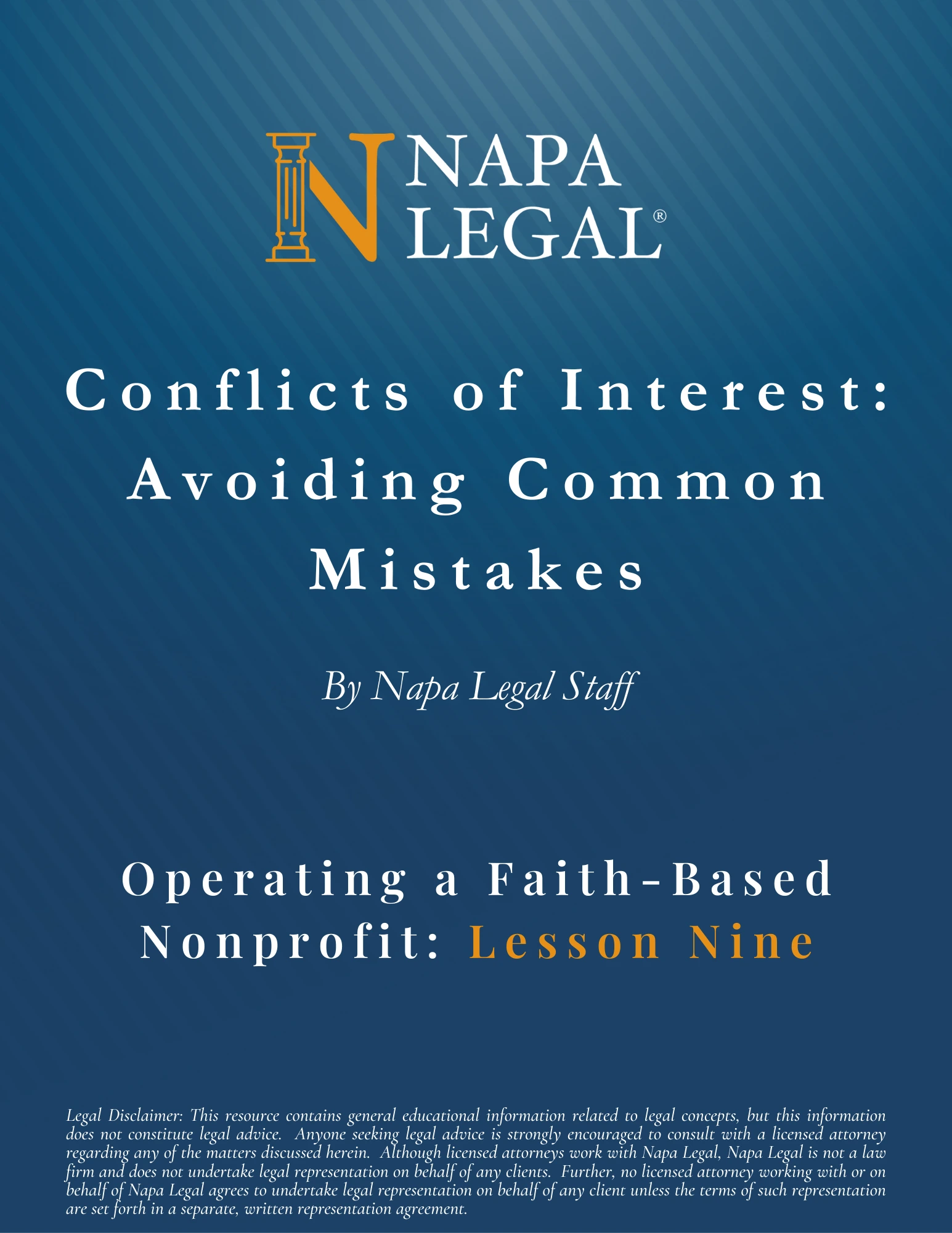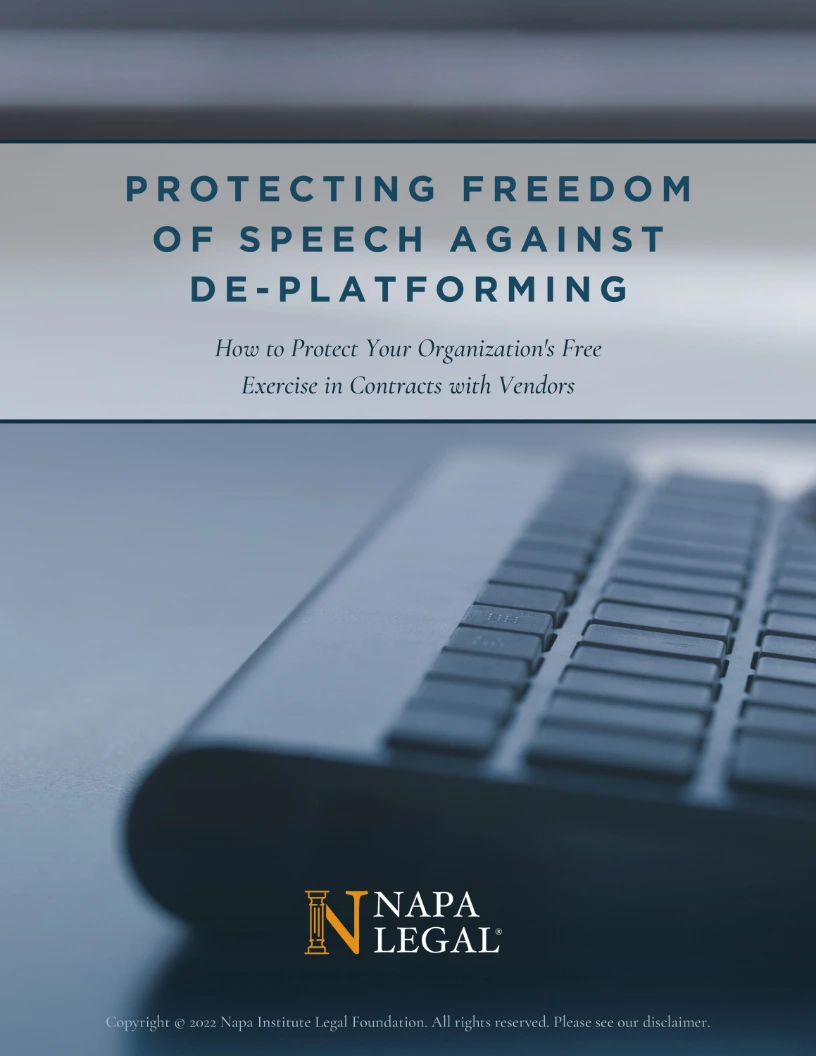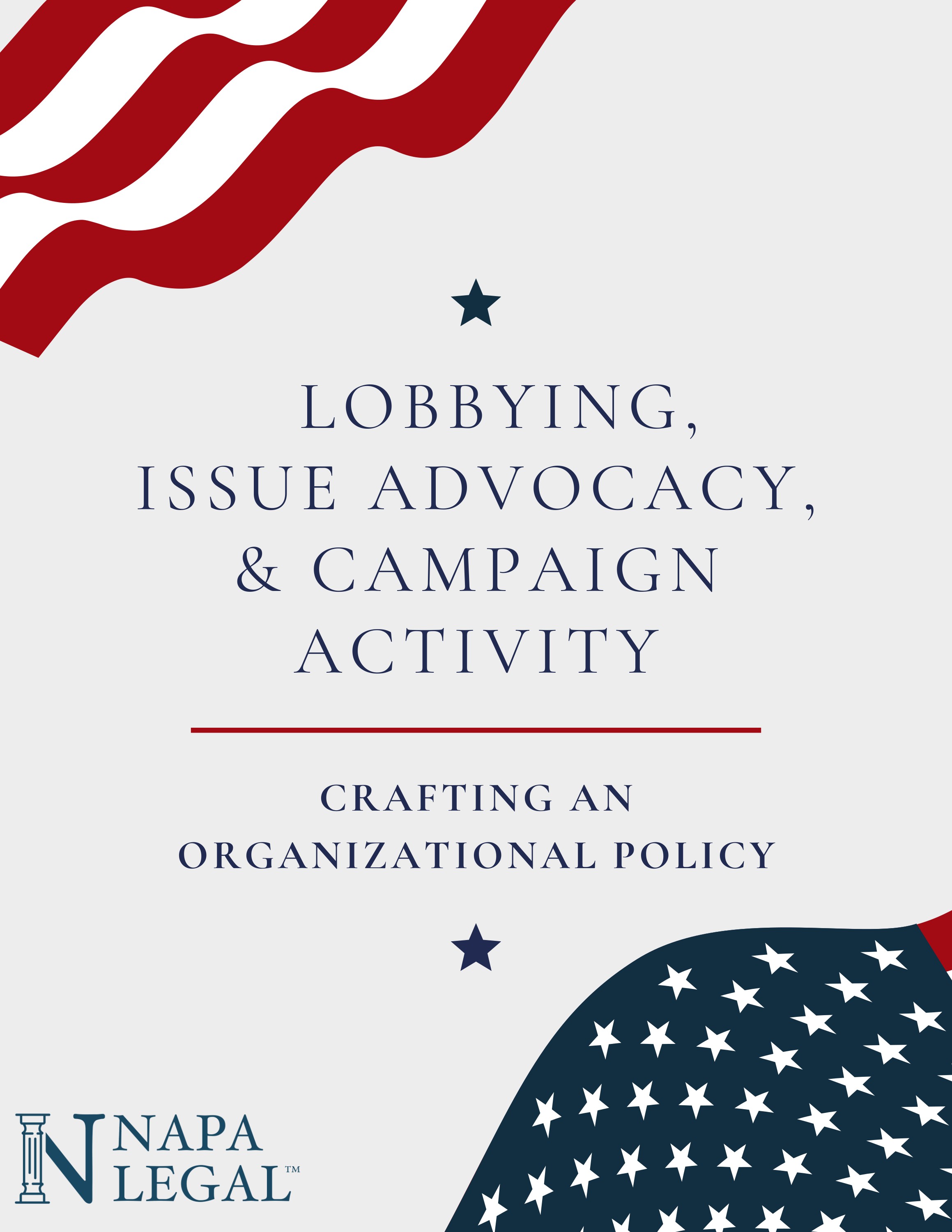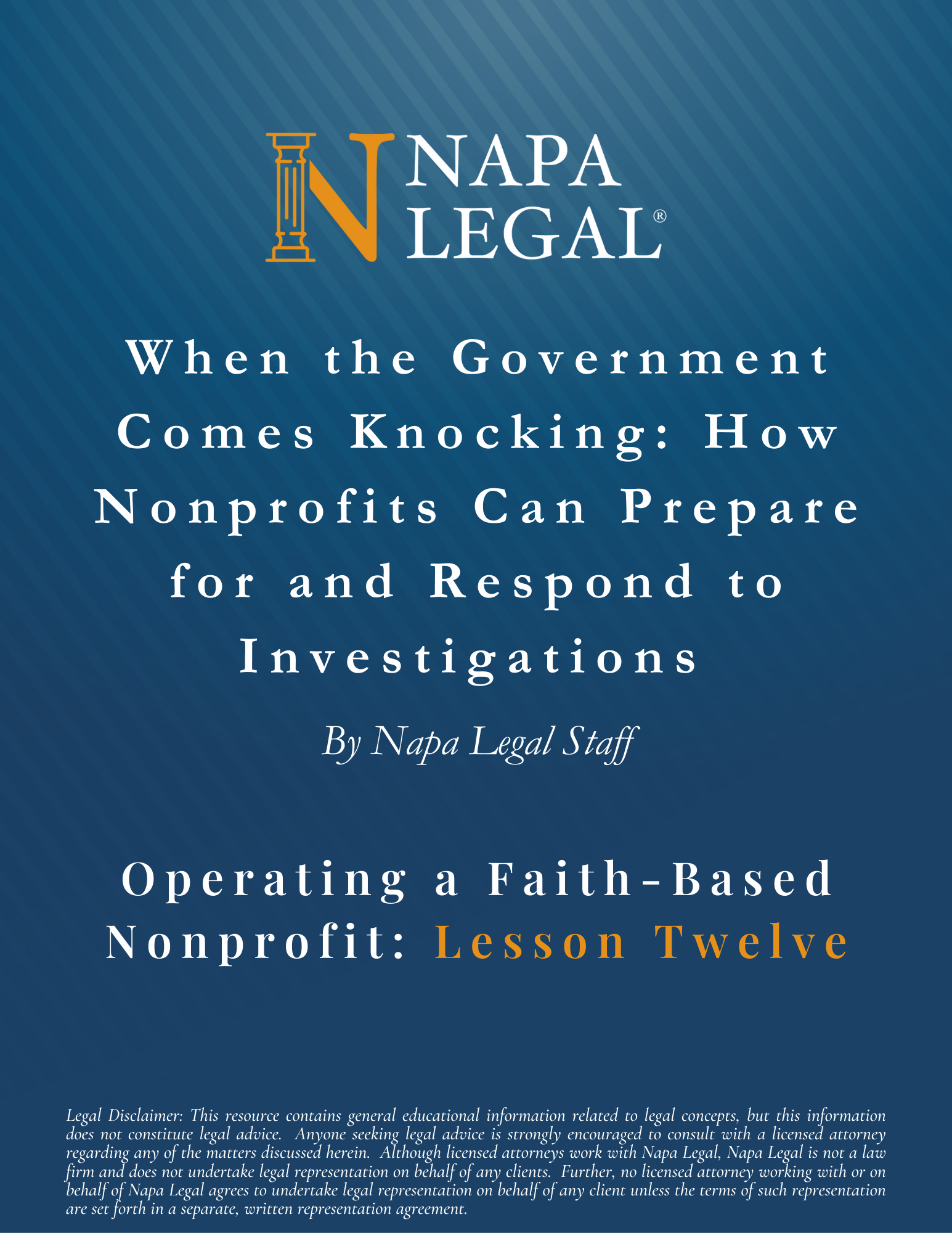Lesson One - Toward a Spirituality of Compliance
Compliance may seem tedious, but for faith-based nonprofits, it is an opportunity to live out the Gospel through faithfulness in small things. In this lesson, we’ll explore the spirituality of compliance — how following legal and tax obligations can serve as a witness to Christ, prevent scandal, and become an offering of love to God. From Scripture to St. Thérèse’s “little way,” discover how even the most mundane tasks can serve your mission and sanctify your work.
